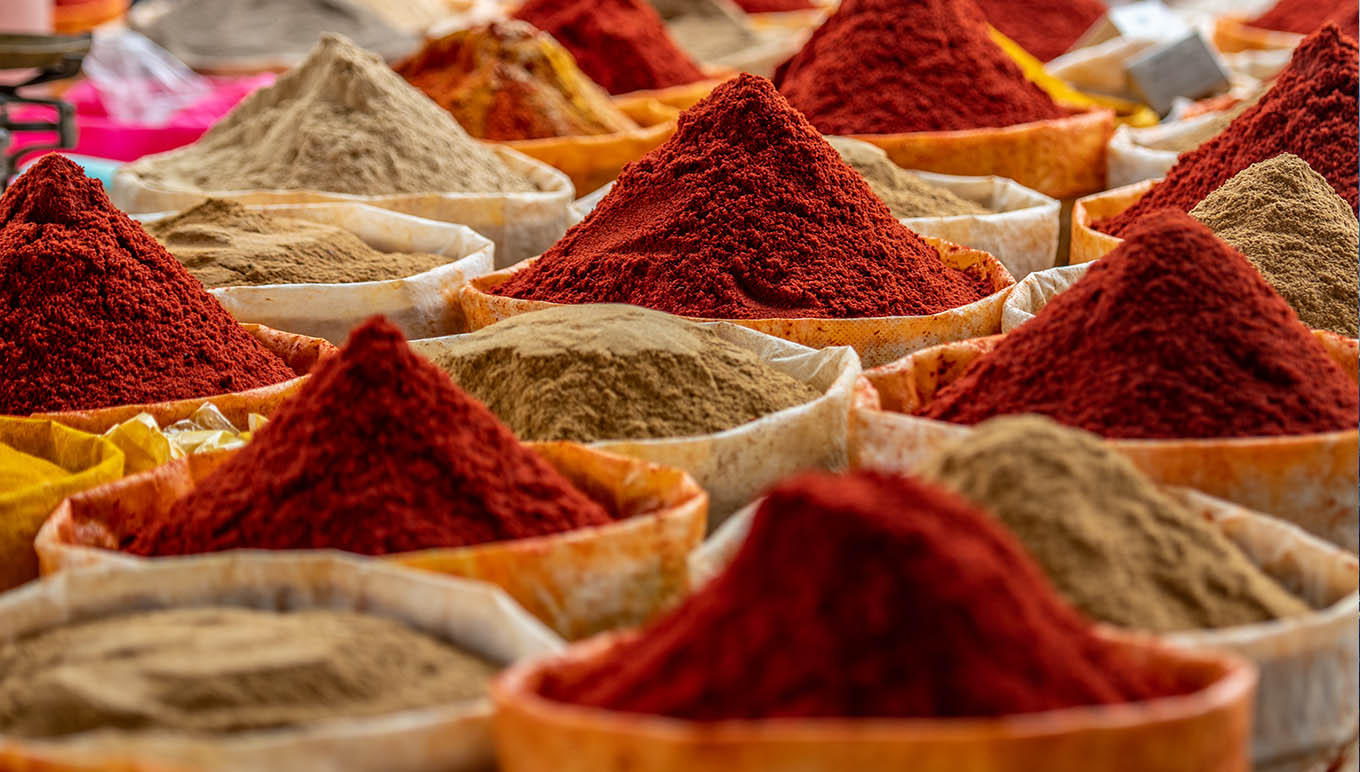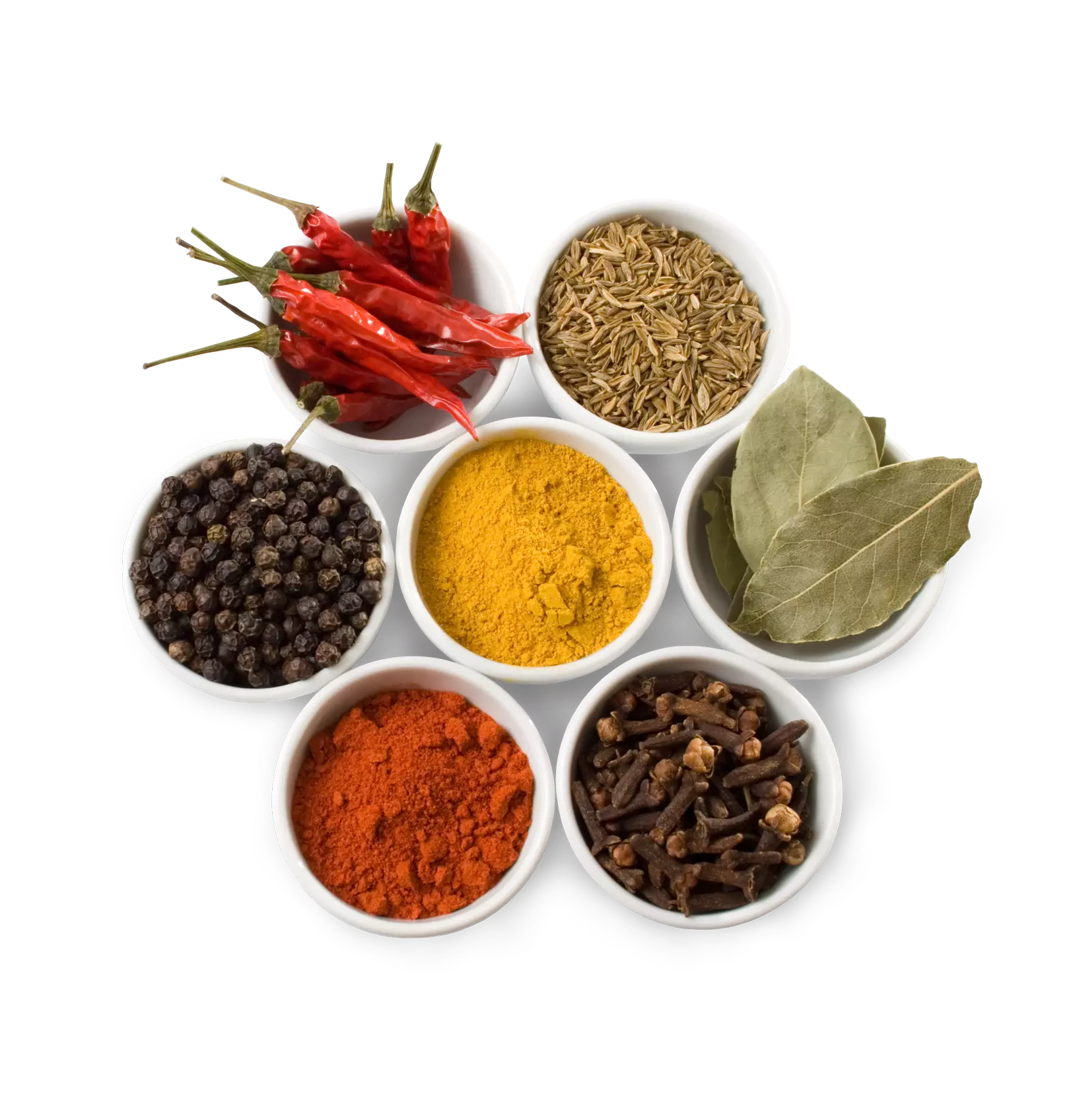Ensuring Sustainability in the Spices and Seasonings Industry
Ensuring Sustainability in the Spices and Seasonings Industry
Ensuring Sustainability in the Spices and Seasonings Industry

Consumers are increasingly demanding a wider range of spices, new flavors and more authentic taste experiences. This isn’t even to mention the supposed immunity-boosting properties driving demand for certain spices.
But as we know, the spices that are exploding in popularity in Europe and North America are predominantly grown thousands of miles away from the consumers that crave them.
This is why sustainability needs to be at the heart of the world’s spice supply chains. Sustainability isn’t just a buzzword. Buyers in the U.S. or the UK must embrace sustainable sourcing in order to safeguard the security of the supply chains, the quality of the products and, most importantly, the livelihoods of the people growing the spices.
Why Sustainable Sourcing Is Important
First, it’s important to recognize what sustainability means in the spices and seasonings industry. Sustainability is an operating model that serves all parties fairly, namely the people who produce spices; the people who buy, process and retail them; the end consumer; and the environment. This is how it works in practice:
Buyers commit to paying a fair price for spices. This is vital to giving farmers—the most important part of the supply chain—an equitable stake in the global spice industry. Spice companies must buy only from traders who themselves pay a good price to producers.
Because they are being paid fairly, farmers can produce better quality spices. They don’t need to turn to harmful pesticides and aren’t forced to abandon spices to grow other, more profitable crops. They can also invest in more modern production equipment.
There are so many reasons why it’s vital for spices businesses to source sustainably. Primarily, it helps maintain the worldwide supply of high-quality spices by discouraging bad growing practices. In addition, sustainability regulations are tightening around the import of spices in Western countries, and companies need to be sure of compliance. And on top of this, more and more consumers simply expect the products they buy to be grown and sourced sustainably—it’s becoming increasingly important to be able to prove sustainability credentials to the public.
How Can Spice Businesses Strive for Fairer, Higher Quality Products?
Spice companies in Europe and North America can feel powerless when it comes to committing to sustainable sourcing. But the future of the global spice market depends on it becoming more sustainable, especially as demand continues to skyrocket.
And a more sustainable model brings tangible benefits to spice businesses. A guarantee of higher quality allows them to market their spices as premium products, enabling potentially bigger profits and striking a chord with the modern consumer—whose buying habits are increasingly determined by their ethics and values.
The challenge comes in knowing where they can source sustainably from. Real progress has been made in this direction over recent years by large companies and industry bodies partnering with farmers, particularly in Asia. Large and small buyers alike can join this growing movement by committing to purchase their products from approved sources that pay farmers fairly. Technology can help them in this endeavor, with the best food software certifying this commitment in all agreements with suppliers.
Sustainability Programs
One of the most effective programs in the spices industry is the Sustainable Spices Initiative. Made up of some of the biggest names in the industry, the Initiative works with 24,000 small-holder spice farmers in India alone. Similarly, the well-known Fairtrade Foundation has also branched into herb and spices production.
What these initiatives, and many others, have in common are a few core commitments:
Sourcing only from traders that are “approved sustainable”
Increasing education around sustainability and best farming practices
Bringing the industry with them to make sustainable spices the gold standard
Investing in advanced equipment, storage and drying facilities for producers
Packaging improvements make a big difference
Businesses across the food and beverage industry are also concerned with the sustainability of their packaging. The spices industry is no different—and if anything, it has a particularly pressing need to address unsustainable packaging due to the small packaging options which are required for small portion sizes.
Essentially, the movement hinges on eliminating single-use plastics in packaging—either through abandoning plastic altogether or making the plastic that is used reusable, recyclable or compostable. Companies are now looking to favor paper or cardboard options, both when importing their spices and when distributing the finished product.
Embracing Sustainability with Technology for the Spices Industry
As spice businesses face up to their growing requirements and responsibilities around sustainability, technology holds the key to making a successful transition. Software like enterprise resource planning (ERP) specifically for spices can be a valuable ally—with its traceability functionality helping you gain visibility over complex supply chains and protect the quality of your products.
Meanwhile, integration with your production line ensures less wastage and helps you implement greener packaging processes. ERP is a business transformation tool that streamlines your spices business and drives growth. Learn how our solution for the food industry—Aptean Food & Beverage ERP—can help your spice company seamlessly introduce more sustainable practices.
Start Transforming Your Business Today
If you’re ready to take your spices and ingredients operation to the next level, we’d love to help.



 Jack Payne | Vice President, Product Management & Solutions Consulting
Jack Payne | Vice President, Product Management & Solutions Consulting